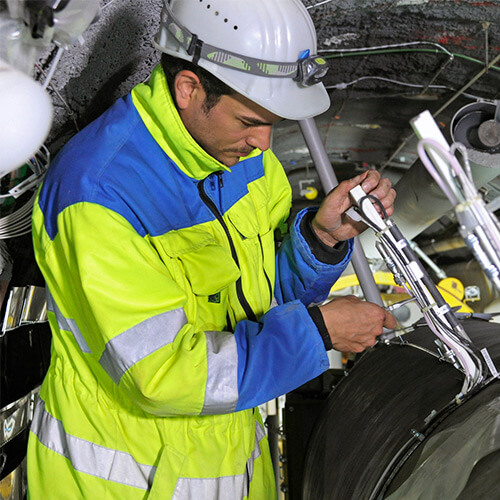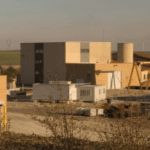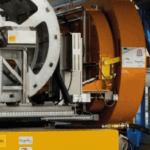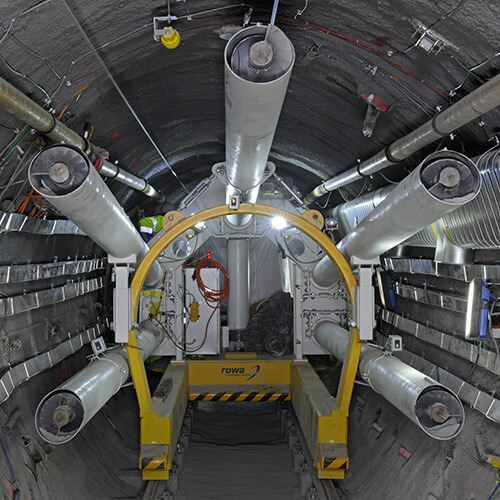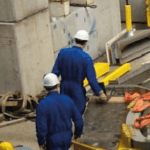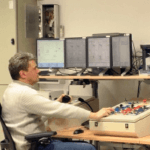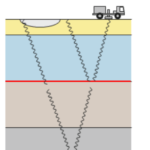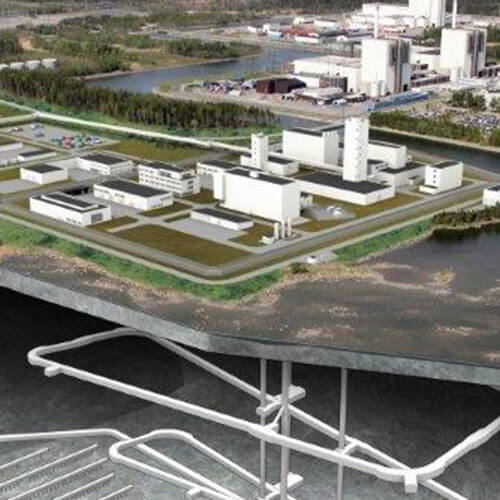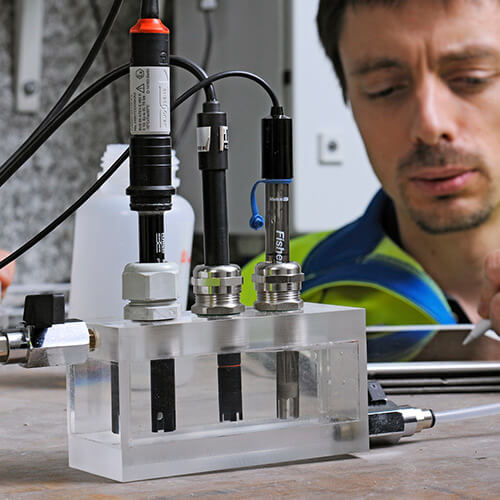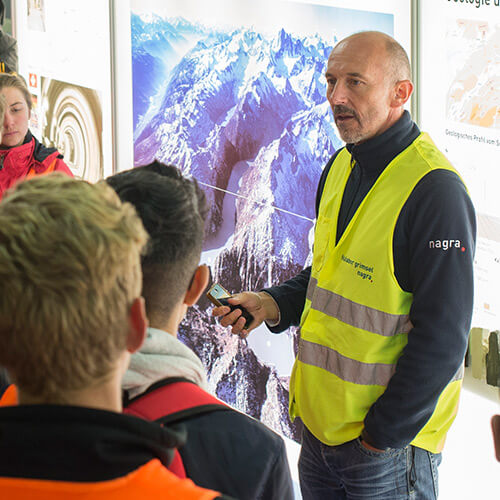The main objective of the IGD-TP is to initiate and carry out collaborative actions in Europe to facilitate the stepwise implementation of safe, deep geological disposal of spent fuel, high-level waste, and other long-lived radioactive waste by solving the remaining scientific, technological and social challenges, and thereby supporting Member State waste management programmes. The IGD-TP intends to enhance confidence in the solutions and implementation of geological disposal, to reduce overlapping work, to produce savings in the total cost of Research, Development and Demonstration (RD&D), and to make better use of existing competences and research infrastructures.
To this end, the IGD-TP developed its Strategic Research Agenda (SRA), which was first published in 2011 following public consultation, and revised in 2020 to remain in line with the updated IGD-TP Vision, “Vision 2040”, that was published concurrently. The SRA is dedicated to identifying the main RD&D issues that need a co-ordinated effort, particularly those for which enhanced co-operation within the IGD-TP is considered desirable and practically achievable. Research areas identified in the SRA are listed below. An overview is provided for each research area along with its objectives in order to achieve Vision 2040. A brief summary of relevant collaborative activities and projects involving work performed by IGD-TP members that is undertaken in each research area is provided.
While the research activities and projects summarised on this website are those that involve collaboration between IGD-TP members and seek to address RD&D issues identified in the SRA, the IGD-TP encourages all activities that support our Vision and the SRA.
Our Research Areas

Featured Research Area
Key Topic 9: Knowledge Management
The management of knowledge in repository development is one of the major challenges over the lifetime of a waste management programme. It covers all data and information and in particular the basis of the decisions made, which is a major requirement for the creation and preservation of knowledge related to openness, traceability and transparency.
Research in this area aims to consider how consistent safety cases across the different waste management programmes can be developed, how safety assessment concepts and models can be developed and refined, and how sensitivity and uncertainty treatment can be improved.
This research aims to improve understanding of the behaviour of various wastes in geological disposal facilities in order to better quantify the processes controlling radionuclide, chemical and gas release from waste forms, to improve the quality of models used in safety assessments and to adequately define the types and magnitudes of uncertainties associated with various processes.
This research area involves demonstrating and optimising technology and construction of a repository and its components, including confirming a feasible and safe operational phase and ensuring that the required safety functions are provided in the long-term after repository closure.
This research area deals with the integration of new developments during the lifetime of a geological repository.
This research area is concerned with the protection of operators and members of the public that might possibly be affected by construction and operations in or at geological disposal facilities.
Monitoring research includes practical monitoring technologies and techniques, as well as monitoring strategies and programmes.
This research area focuses on R&D activities that are essential for site characterisation to identify gaps and needs related to this topic. The topic is linked to exploration and investigation programmes, site information, data management and syntheses for the purpose of iterative safety assessments.
This research area concerns issues surrounding the movement from a disposal concept, to an established project, through to facility siting and operation, both in national and multi-national projects.
The management of knowledge in repository development is one of the major challenges over the lifetime of a waste management programme. It covers all data and information and in particular the basis of the decisions made, which is a major requirement for the creation and preservation of knowledge related to openness, traceability and transparency.
A broad range of different types of qualifications, competence and expertise is needed for every stage of a repository development programme. Updating and improving knowledge on radioactive waste disposal is a common interest of the IGD-TP and can be applied to all activities undertaken to address the identified RD&D topics.
The area summarises the projects and activities that do not sit within the specific research areas discussed elsewhere on this site.

